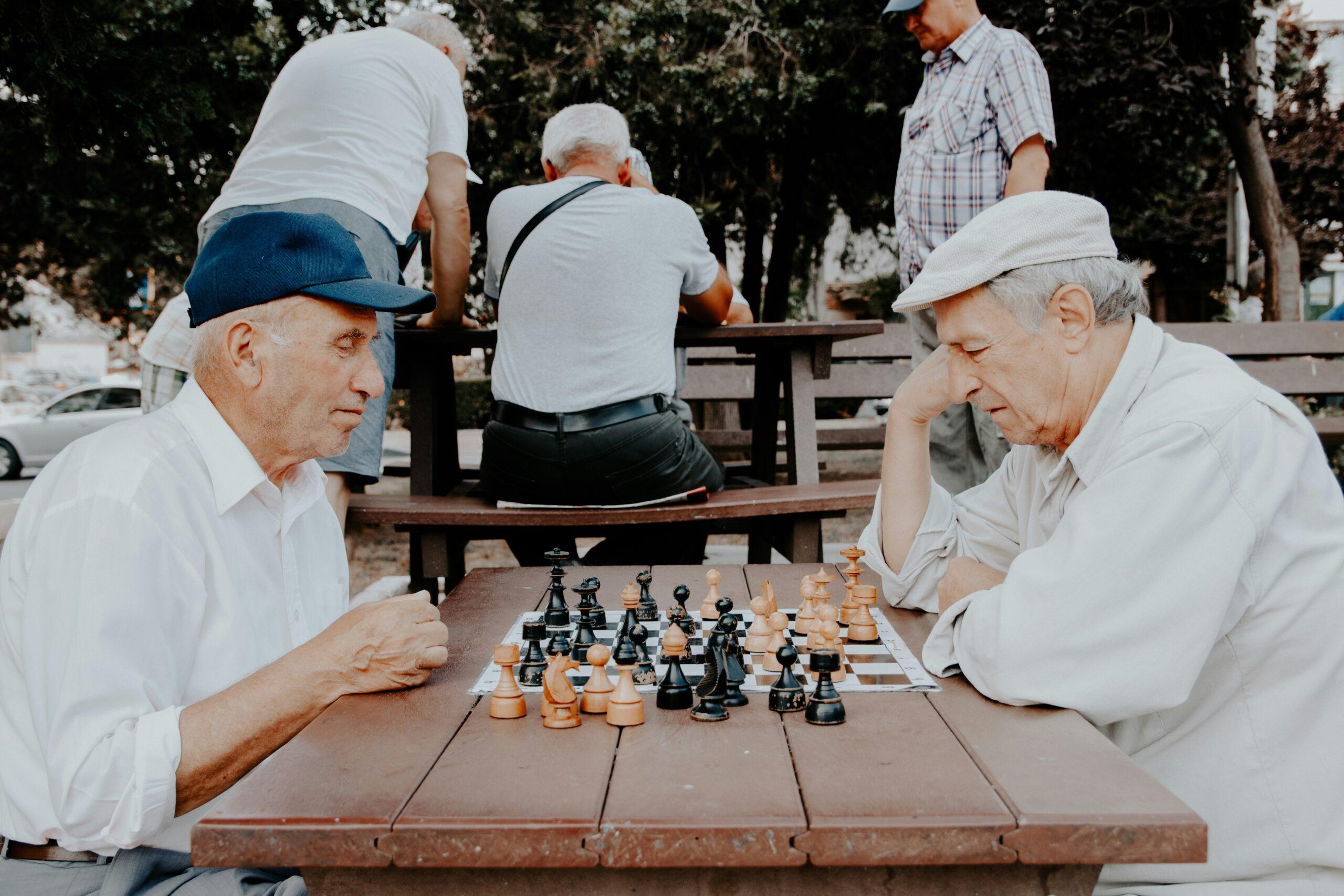Table of Content
If your elderly loved one lives in a nursing home or residential care facility, you should be able to trust that they’re well looked after. One of the most important components of their care consists of ensuring that they receive adequate activity. Active seniors tend to have healthier, happier lives.
A facility that fails to provide adequate activity may have legal liability for the harm your loved one suffers as a result. If you have concerns about if your loved one is receiving enough activity at a nursing home, contact our lawyers at Dalli & Marino, LLP today. We will help you every step of the way to make sure your loved one is being properly cared for.
The Benefits of Physical Activity for Seniors
Experts agree that elderly people experience significant benefits from regular physical activity. According to the Centers for Disease Control and Prevention (CDC), physical activity can improve the lives of the elderly by:
- Protecting them from falls by maintaining or improving their strength, balance, coordination, and flexibility
- Enhancing their ability to live independently
- Reducing the risk of debilitating health problems like heart disease, high blood pressure, cancer, and diabetes
- Lifting their mood and warding off mental health problems like anxiety and depression
- Promoting socialization, which also has positive physical and mental health impacts
Senior citizens do not need to engage in strenuous activity to obtain these benefits. Even moderate daily activity can lead to marked, sustained improvements in an elderly person’s health and well-being.
What Are Signs of Activity or Inactivity?
Given the overwhelming consensus about the benefits of activity for older adults, you can and should expect a nursing facility to provide your loved one with opportunities to stay active. Unfortunately, that doesn’t always happen. As an advocate for your loved one living at a nursing home or care center, it’s often up to you to keep a lookout for telltale signs of activity or inactivity.
Indicators of Healthy Activity
A reasonable nursing home will make a sustained and visible effort to keep residents active. Signs that your loved one gets enough activity at a residential care facility can include:
- Your loved one’s mood remains relatively stable and upbeat
- Your loved one’s balance, strength, and mobility remain relatively stable for their age and lifestyle
- The staff engages with your loved one and other residents regularly
- The facility offers a diverse schedule of on-site and off-site programming for its residents
- At least some of the program offerings are suitable for your loved one’s level of mobility
- The facility has physical and occupational therapists on staff to monitor residents’ activity levels
On a more fundamental level, healthy activity levels tend to appear as your loved one being up and around daily. Of course, the level of activity should be appropriate for your loved one’s age and condition.
Indicators of Unhealthy Inactivity
A care facility that fails to ensure health activity will have residents whose physical and mental health declines unnecessarily. Telltale signs of unhealthy inactivity might include:
- Your loved one’s mood fluctuating widely or staying stuck in a depressed state
- Your loved one growing noticeably weaker, uncoordinated, or unsteady on their feet
- Your loved one developing physical ailments linked to inactivity, such as bed sores, obesity, diabetes, or heart disease
- A facility that lacks adequate staffing to look after or regularly engage with residents
These are just some of the signs of unhealthy inactivity at a nursing home. It’s important to trust your gut when you suspect your loved one isn’t getting a healthy dose of activity, even if you don’t see one of the indicators above.
Talk to a Lawyer About Signs of Unhealthy Inactivity
If you spot signs that your loved one’s activity levels have dropped dangerously while living at a nursing home, you may need to take action to safeguard their health and well-being. It can help to talk to an experienced elder abuse attorney about your options. An attorney can listen to your concerns and begin exploring your and your loved one’s rights. After hearing your story, an attorney might suggest:
- Approaching the nursing home staff and management to discuss your concerns informally
- Reporting your concerns to appropriate regulatory or law enforcement authorities
- Moving your loved one to a new facility with better activity offerings
- Collecting evidence proving the nursing home’s failure to provide a reasonable amount of activity
- Pursuing a lawsuit or insurance claim against the facility or others seeking compensation for harm your loved one has suffered
The sooner you speak with a lawyer about your concerns, the more options you will tend to have to help protect your loved one’s well-being.
Contact an Experienced Elder Abuse Lawyer at Dalli & Marino, LLP Today
You have every right to expect a nursing home to ensure that your loved one stays reasonably active. Activity has tremendous benefits for senior citizens and should constitute a core focus of the facility where your loved one lives. A home’s failure to keep your loved one reasonably active can cause severe and permanent harm if left unaddressed.
Dalli & Marino, LLP and our team of Spanish-speaking lawyers can help you explore your options for holding your loved one’s nursing home account for their proper care. Contact us or call (888) 465-8790 for a free consultation today.



